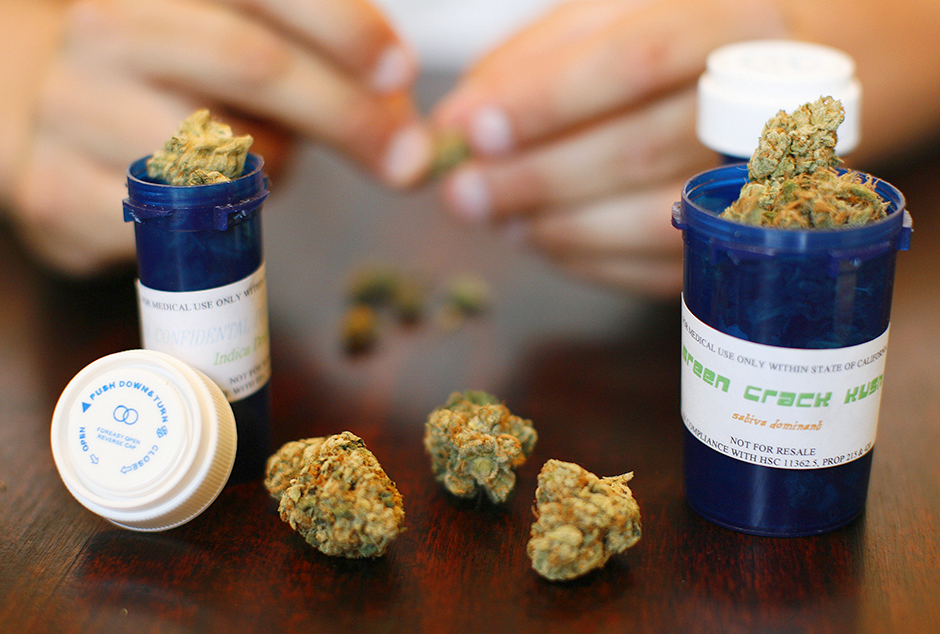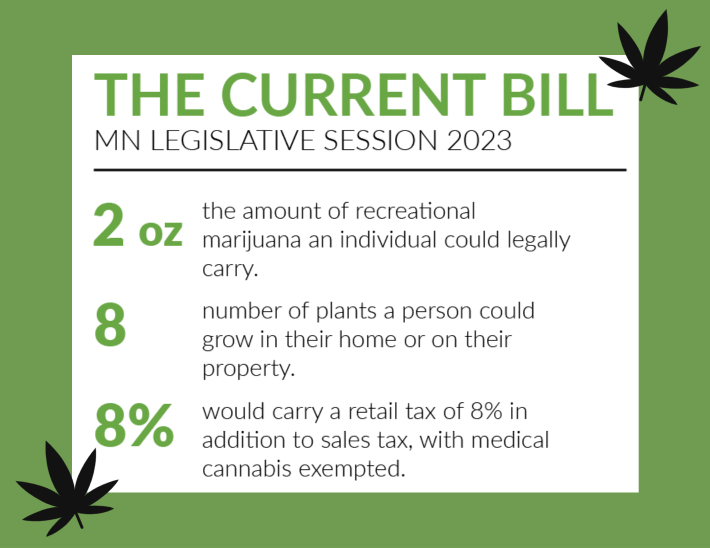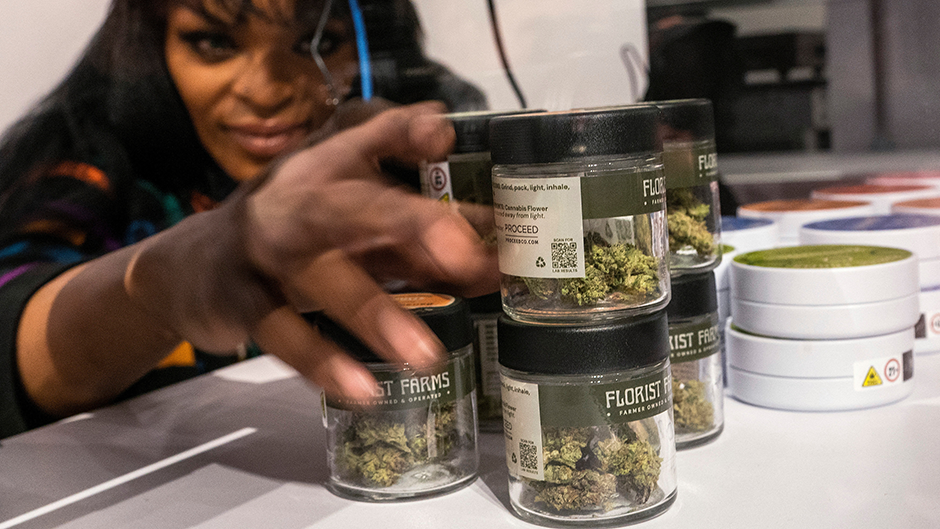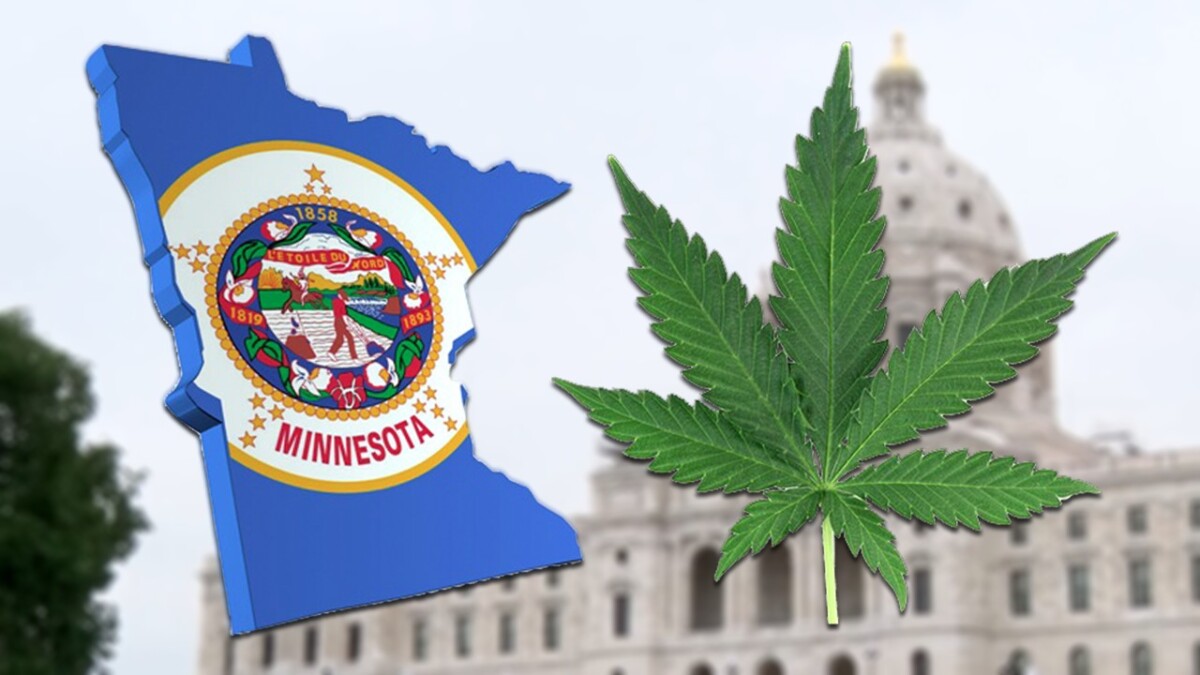Recreational Marijuana Legalization in Minnesota: Everything You Need to Know
Recreational marijuana is now legal in Minnesota, making it the 23rd state in the United States to legalize cannabis for adult use. The legislation, approved by the Democratic-controlled Minnesota Legislature and signed by Governor Tim Walz in May. Thus, allows adults aged 21 and older to possess and grow their own marijuana.
While the state is still in the process of setting up a fully regulated cannabis industry, at least one Native American tribe plans to take advantage of its sovereignty and begin selling marijuana right away. In this comprehensive guide, we will explore the key details and implications of recreational marijuana legalization in Minnesota.
Legal Possession and Cultivation of Marijuana in Minnesota
Adults aged 21 and older are now legally able to possess and travel within Minnesota with up to 2 ounces of cannabis flower, 8 grams of concentrate, and 800 milligrams worth of THC-containing edible products such as gummies and seltzers. They are also able to have up to 2 pounds of cannabis flower at home. However, it is important to note that it is still illegal to bring marijuana into Minnesota from out of state due to federal law restrictions.
In addition to possession, adults can also cultivate their own marijuana plants at home. The law allows for the cultivation of up to eight plants, with no more than four plants flowering at a time. These plants must be grown in an enclosed and locked space that is not visible to the public. Cannabis seeds are also legal, and the State of Minnesota has already granted permits for the sale of labeled cannabis seeds.

Retail Sales of Recreational Marijuana in Minnesota
While the legalization of recreational marijuana in Minnesota allows for the possession and cultivation of cannabis, legal retail sales are not expected to begin until early 2025. The state is in the process of creating a licensing and regulatory system for the new industry. However, the Red Lake Nation, a Native American tribe located in northwestern Minnesota, plans to start selling recreational marijuana at its existing medical cannabis dispensary on August 1, 2023. Other tribes may also follow suit.
The Minnesota law prioritizes social equity considerations when awarding licenses for cannabis-related businesses. This means that applicants from low-income areas disproportionately affected by the illegal status of marijuana, individuals with expunged convictions, and military veterans who lost their honorable status due to a marijuana-related offense have an advantage in the license application process. Various license categories are available, including delivery services, growers, and product manufacturers, each with its own application fees.
While local governments cannot ban cannabis sales, they do have the authority to limit the number of retailers to one per 12,500 residents. This ensures that the distribution of cannabis retail establishments is regulated and controlled.
Personal Cultivation of Marijuana in Minnesota
Adults in Minnesota now have the freedom to cultivate their own marijuana plants at home. The law permits the cultivation of up to eight plants, with a maximum of four plants flowering at a time. It is crucial to grow these plants in an enclosed and locked space, whether indoors or in a garden, to ensure they are not visible to the public. By allowing personal cultivation, individuals have the opportunity to have direct control over the quality and supply of their cannabis.
Furthermore, retailers in Minnesota can sell marijuana seeds as long as they comply with labeling and other requirements set by the Minnesota Department of Agriculture. This allows enthusiasts and home growers to access a variety of seeds to satisfy their cultivation needs.
Where Can You Consume Marijuana in Minnesota?
Adults aged 21 and older can legally consume recreational marijuana on private property, including private homes. However, it is important to note that smoking or vaping cannabis is prohibited in places where tobacco smoking is also prohibited. This includes most businesses, apartment buildings, and college campuses. While consuming cannabis in public places is generally allowed, local government ordinances or policies may restrict or regulate public consumption.
It is essential to respect the laws and regulations regarding cannabis consumption. Smoking or vaping marijuana is prohibited in federal properties such as courthouses, airports, and national parks. Additionally, it is illegal to use cannabis while driving, in public schools, and on federal property. These restrictions aim to ensure public safety and prevent potential risks associated with impaired driving and underage exposure.

Expungement of Minor Marijuana Offenses
As part of the legalization of recreational marijuana in Minnesota, minor marijuana convictions will be expunged, starting in August. This means that individuals with minor offenses, such as possession of small amounts of marijuana, will have their records cleared. Over 60,000 Minnesotans are to benefit from this expungement process. To review felony convictions for possible expungement, a special Cannabis Expungement Board will be formed. This board will evaluate each case individually to determine eligibility.
The expungement of minor marijuana offenses aims to address the disproportionate impact of marijuana prohibition on communities of color and individuals who have faced barriers in employment and housing due to prior convictions. By removing these convictions from individuals’ records. The state of Minnesota seeks to provide them with a fresh start and equal opportunities.
Regulation of the Cannabis Industry in Minnesota
The Office of Cannabis Management will oversee the cannabis industry in Minnesota. This new state agency will be responsible for regulating both recreational marijuana and the existing medical marijuana program. The office is currently in the process of hiring its first executive director, with applications open until July 31, 2023. It will be tasked with creating and implementing regulations to ensure the safe and responsible operation of the cannabis industry in the state.

The state agencies have set a target date of May 2024 for accepting applications from adult-use cannabis retailers. This timeline allows for the development of a comprehensive licensing and regulatory framework. Once regulated sales of recreational marijuana begin, adults will be able to purchase cannabis products from state-licensed dispensaries. These products may include cannabis flower, concentrates, and edible products containing THC, the psychoactive compound found in marijuana.
Conclusion
Marijuana legal now in Minnesota marks a significant step forward in cannabis reform. Adults aged 21 and older can now possess and cultivate their own marijuana. As well as, regulating retail sales are to begin in the coming years. While the state is still in the process of establishing a fully regulated cannabis industry. Native American tribes, such as the Red Lake Nation, are taking the opportunity to sell recreational marijuana under their sovereignty.
The expungement of minor marijuana convictions and the implementation of social equity considerations highlight the state’s commitment to addressing past injustices and ensuring equal opportunities in the cannabis industry. As the Office of Cannabis Management takes charge of the regulation and oversight of the industry. Minnesota is creating a safe and responsible cannabis market for its residents.

